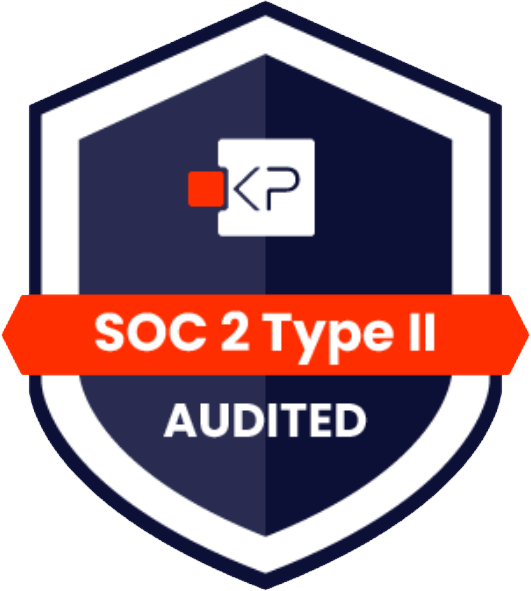Rockefeller Rhythms
If you’re a student of the petroleum industry or American history, and even if you’re not, you’ve probably heard the name John D. Rockefeller. He was, as they say, a titan of industry, and while people have different takes on his legacy, from a business perspective he was super successful. I mean, super, super successful. No, make that super, super, super successful.
When you’ve got that kind of track record, it’s only natural that people are going to want to study your methods and try to imitate them as best they can. This brings us to a book we came across recently called, Mastering the Rockefeller Habits by Verne Harnish. It covers the three fundamentals that were the fabric of the American icon’s approach to fast-growth business initiatives.
You figure Rockefeller was kind of a no-nonsense guy, so the first two items on the list—priorities and data—are about what you’d expect. But the third—rhythm—I mean, doesn’t that sound more New Agey than you’d expect? And when you do a little digging to find out what he means by this, you might also find yourself surprised by the fact that he’s talking about, for the most part, meetings.
That’s right: meetings. Much maligned; the straw man for everything that’s dull and non-productive about the normal business day. The scrum concept widely adopted by the software industry is a particularly easy target, prone to drawing comments like, “They’re debating for 15 minutes to write one line of code.”
Rockefeller didn’t feel that way about well-run meetings. He saw them as a way to keep his enterprise aligned and drive accountability. He started every day with a meeting that included all his top managers, but he made sure he kept it short and to the point. Everyone got a sense of what everyone else was doing—a company is an inter-related organism, after all—and if someone was having problems in one area, it was the perfect opportunity to ask for help.
In fact, President and CEO Paul Gange of Fix Auto USA, who happened to introduce us to this book, likens a business rhythm to the rhythm of the human heart. “A heart that beats with a regular cadence propels a healthy organism forward,” he says. “If[our company] is out of sync—if our rhythm is disrupted—our ability to provide value is likewise disrupted.”
Gange has instituted a schedule for the senior management staff of his far flung network of independent body shops. It’s based on Rockefeller’s approach. Called flash meetings, they last no longer than seven minutes every day at 8:50 a.m. Those not physically inside corporate headquarters attend telephonically.
“Flash meetings unify the team,” adds Gange. “They create accountability for each of us and our objectives, while maintaining the kind of transparency and visibility for which Fix Auto has become known. Everyone knows where everyone else stands; we can ask for help before a problem becomes catastrophic.”
It’s a fascinating concept that at first may seem counter-intuitive in terms of production. But we posit that maybe the major problem isn’t the quantity of meetings, it’s the quality. That’s certainly what Rockefeller thought, and it seemed to work out for him.
What are your thoughts? We here at SSCS would love to hear them.
Note: If you are interested in buying the book, Gazelles provides an excellent executive summary that can help you in your decision-making.






Leave A Comment